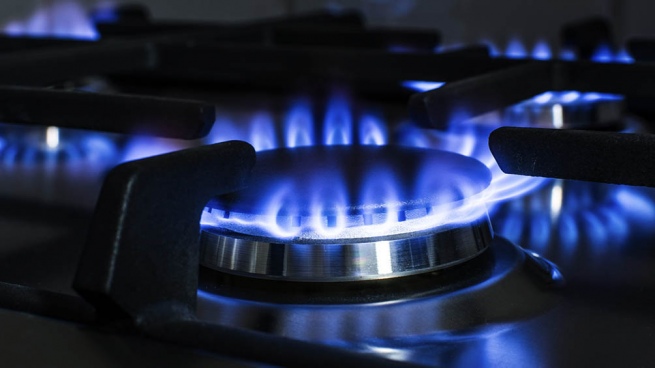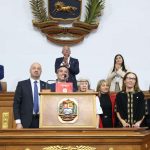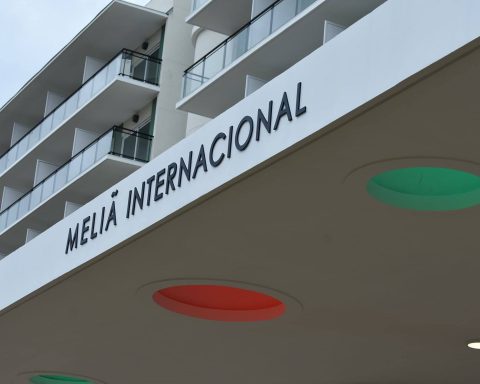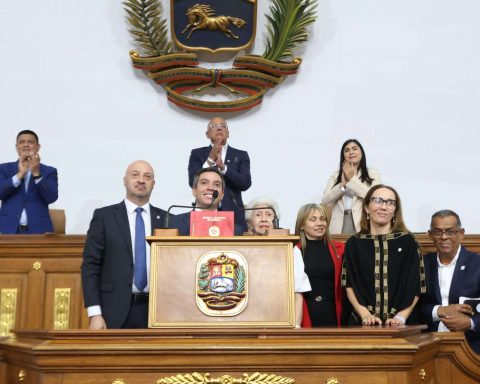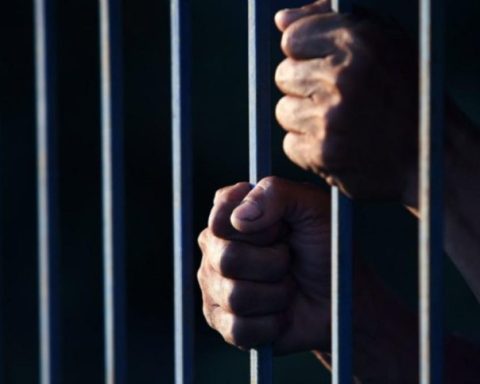The Secretary of Energy, Flavia Royón, indicated this Friday that her portfolio is “working intensely” on the new rate scheme for gas and electricity and that “next week” definitions will be given in that framework, at the same time that he highlighted the announcements for the hydrocarbon sector that he made on Thursday in Neuquén together with the Minister of Economy, Sergio Massa.
“Intensive work is being done to be as clear as possible and bring peace of mind to the population, since the update of rates will be in installments and will only affect sectors with high purchasing power,” Royón told Radio 10, about the officialization of the new energy rates.
Although an announcement was expected on Thursday regarding the new gas and electricity consumption subsidy scheme, it was postponed and “work continues on this, so it can be concluded this weekend,” said the former Salta official. noting that “next week definitions can be given in this regard.”
The new values will start from maintaining the current rate at levels 2 (lower income) and 3 (middle income), but in the latter case, consumption that exceeds 400 kWh will not be subsidized.
The scheme will also include specifications about segmentation and the consumption limit by area and sector, also taking into account factors such as climate
In respect of the caps, the new values will start from maintaining the current rate at levels 2 (lower income) and 3 (middle income), but in the latter case consumption exceeding 400 kWh will not be subsidizedalthough it has yet to be specified whether this limit will be bimonthly or monthly.

“We have the maxim that this rate update be below the salary variation coefficient index and in installments,” Royón explained, and stressed that the beneficiaries of the social rate “will not suffer a new update this year.”
After which, he clarified: “It is only a portion of the population that is going to suffer from this update because it is the indication of the President.”
On the other hand, the new official defended the decision to use foreign currency to import energy, in what she considered a “world context in energy matters where not only restrictions are being talked about but also unprecedented increases in energy costs.”
“Here in Argentina it has been possible to spend a winter without any type of restrictions or cuts that, previously, affected the industry. The reality of Argentina has been very different from the world reality,” he asserted.
“This speaks of a policy that the Government has followed to guarantee gas, not only for Argentines, but also for the industry,” the official completed in relation to the current situation of the local energy.
Regarding the future outlook, Royón highlighted the “possibility of being self-sufficient” in the energy sector and of being “an exporting complex”; and that this week’s announcements “clearly point in that direction.”
“Here in Argentina it has been possible to carry a winter without any type of restrictions or cuts that, previously, affected the industry”
On the other hand, he mentioned the signing of contracts for the construction of the Néstor Kirchner Gas Pipeline, which he considered “a strategic work” that would put the country “on an international map because it could extract all the gas produced in Vaca Muerta.”
“It will change the reality of our country; It is a key project for the entire country to have access to gas from Vaca Muerta and also to be able to export it, and for the Argentine industry to be able to access a competitive energy price and generate foreign exchange,” he explained.
Royón also stressed the importance of private investment in the new projects announced yesterday at the AOG Patagonia 2022 exhibition by Minister Massa, for an amount of US$2.35 billion.
The minister had announced the free availability of foreign currency for investments in the sector and the simplification of procedures and tax benefits for the importation of machinery to Vaca Muerta.
Meanwhile, Royón highlighted “the private investment in the Oldelval pipeline, which will be US$1,650 million, and will allow the transportation and export of crude oil to multiply,” and the potential for the development of the offshore sector, within which the “Project Fénix, which is an offshore gas project, an investment of US$700 million in a private consortium formed by Total, PAE and Wintershall”, he explained.
“This speaks of all the magnitude that Argentina has to self-supply the country and so that the Argentine industry can also access a competitive price,” said the head of Energy.
Lastly, he indicated that off-shore gas projects such as the one in the Austral Basin or in the Argentine Sea “are carried out on all sides of the world” and have “very high environmental standards.”
